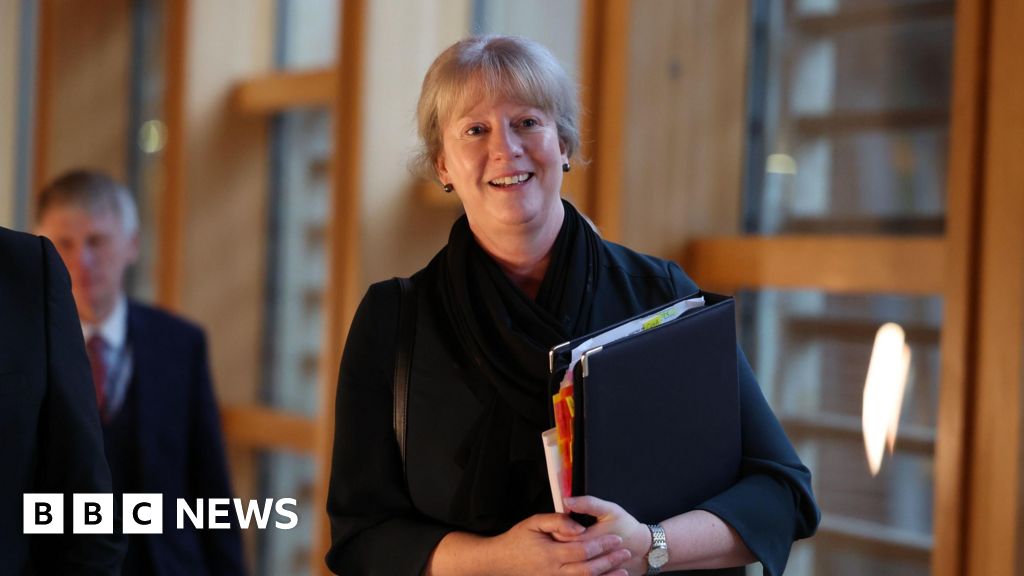Bussiness
Budget analysis suggests several causes for concern

The budget statement made reference to the need for reform of public services, which could help ease some of this pressure, if productivity could be improved and outcomes with it.
But there was little detail. One independent commentator on finance, Bruce Cartwright, chief executive of the Institute of Chartered Accountants of Scotland, is one of those awaiting more.
“We rightly heard some very big numbers going into public services, including a record £21bn allocation for the NHS,” he said. “But we need to have honest discussions about the outcomes of these investments.
“There is no point spending more money on health services or schools, if there’s no willingness or incentive to change how we deliver these services. We need to identify how and where things must improve.
“We also need to see evidence of whether standards have gone up, waiting times have come down, and more crimes have been solved.”
The pre-budget calls for reform of council tax and business rates met with a similar lack of detail, and a new tax strategy, published with the budget, promises only to debate the options.
The room for manoeuvre on reform and on growing commitments to provide welfare along with free public services is narrowing, according to the evidence and the experts.
Income tax revenue in Scotland is not growing as fast as it is in the UK, because the economy is forecast by the Fiscal Commission to grow slowly – 1.2% this year, rising to 1.6% next year before falling back again.
Within that, earnings growth remains sluggish, falling from 2% to 1.5% next year, and below 1% for each of the following four years. Without faster earnings growth, income tax revenue will continue to disappoint.
There are measures to boost economic growth, but the Scottish Fiscal Commission forecasts are underwhelmed by how much impact they’ll have.
And that implies a continued squeeze on the money available to the Scottish government beyond next year.










